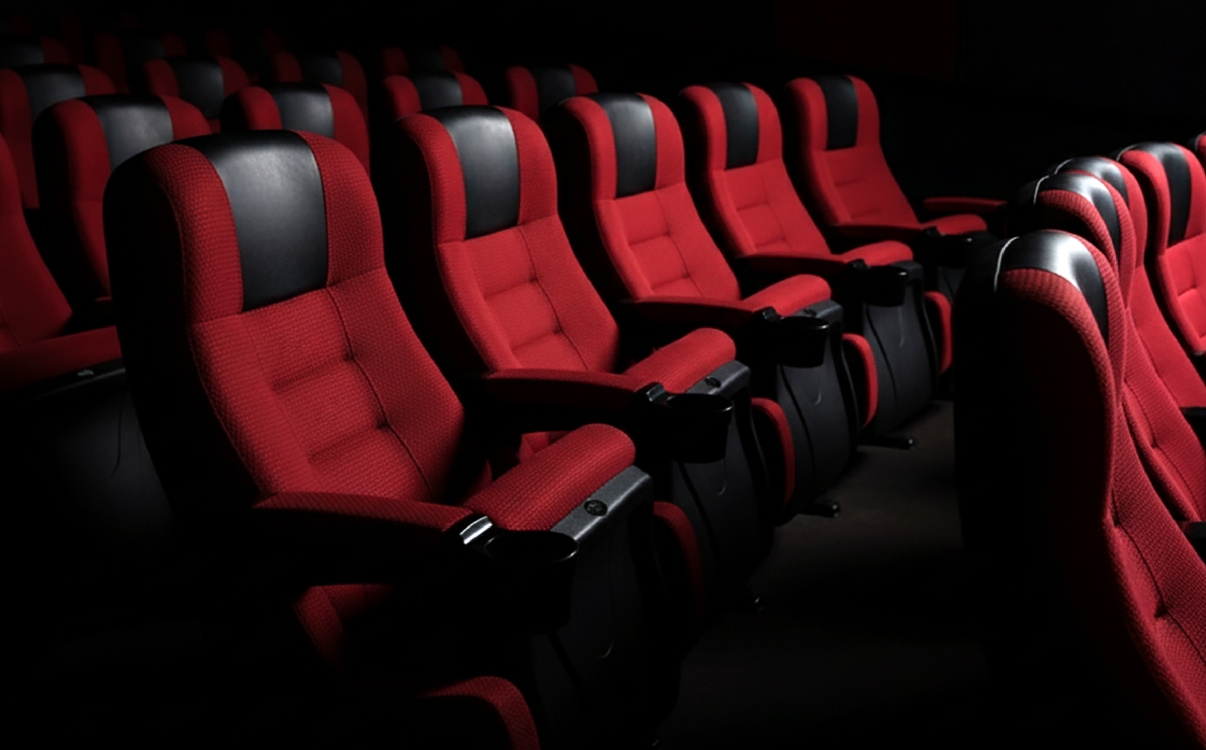
RPB Cinema Seating Collection, where every moment in the theater becomes unforgettable
In a movie theater, every sense is guided by light, sound, and the cinematic space. Yet the first thing that truly shapes the viewer’s emotions is not the size of the screen or the sound effects, but the seat they sit in for two straight hours. A comfortable chair allows the audience to be fully immersed in the story. In contrast, a chair that is hard, uneven, or lacks proper support distracts them, forces them to constantly change position, and breaks their concentration.
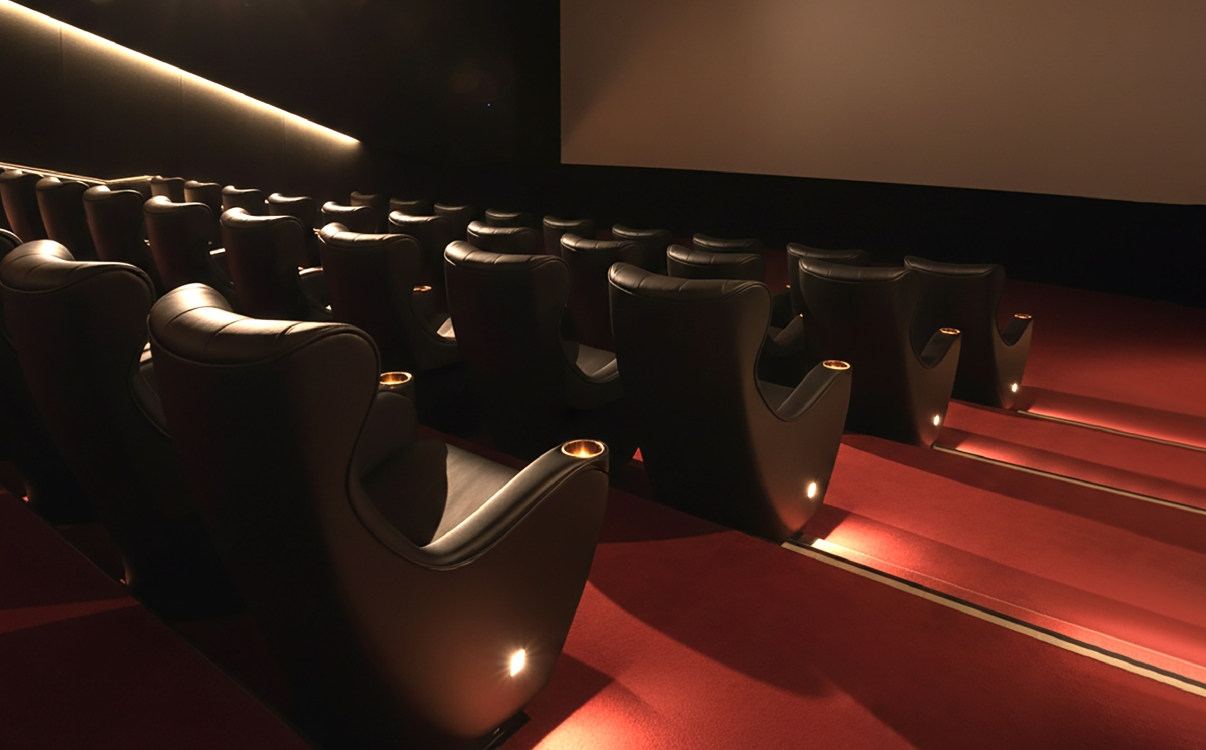
Ergonomic design that elevates every cinematic emotion
The cinematic experience is not only about a wide screen, surround sound, or sophisticated lighting – it begins with the very seat the audience sits in. Over the course of two hours, viewers are not only following the story on screen, but also listening to their own bodies: feeling relaxed, cushioned, and at ease, or constrained and fatigued.
A properly designed ergonomic cinema chair can completely transform that experience. It is not just a place to sit, but a space that supports every shade of emotion. When the body is relaxed, the mind opens up, emotions flow naturally, and every frame becomes more complete.
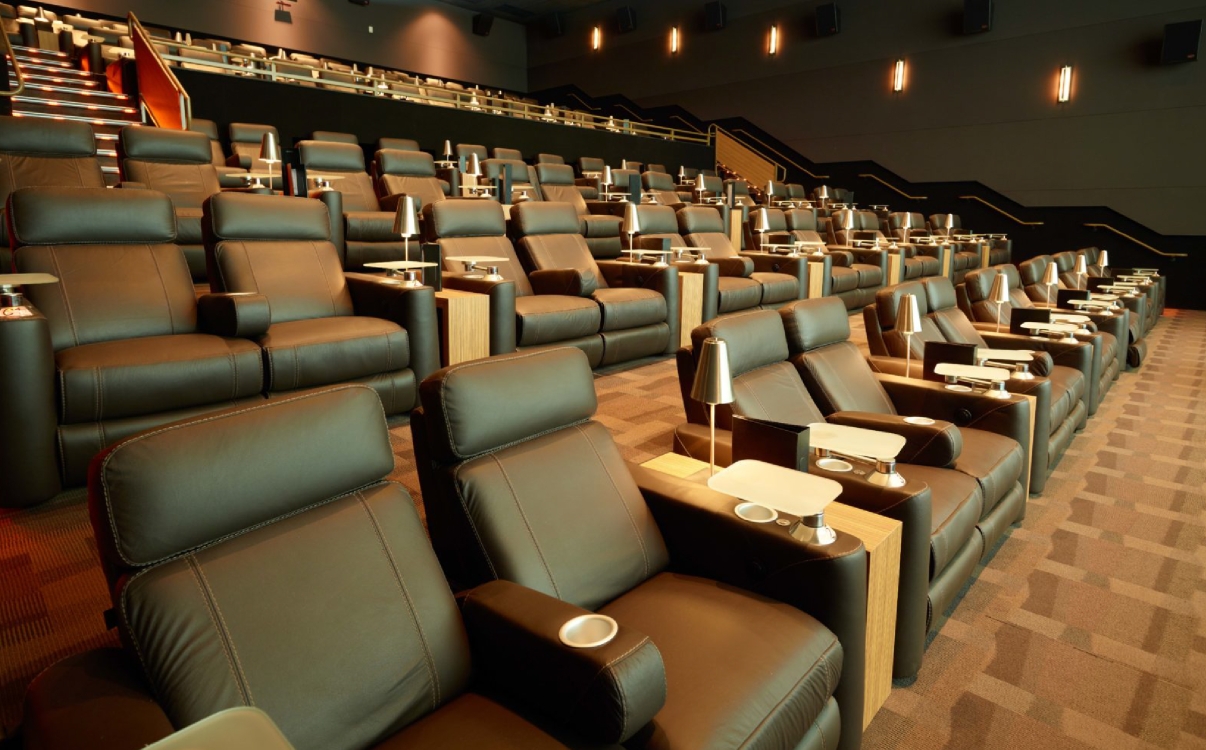
When your cinematic experience begins with the perfect seat
When the lights in the cinema slowly dim, the screen brightens and sound fills the room, that is the moment when all the senses awaken. Yet few people realize that the true cinematic experience does not begin with images or sound, but with the very seat they are sitting in. A perfect cinema chair not only helps the audience relax for two straight hours, but also cradles their emotions, allowing them to be fully immersed in the world of film.

Announcement of product price adjustment
RPB Education & Public sincerely thanks our valued customers for your continued trust and partnership over the past years.

RPB Education & Public Cinema Seating Collection – When the Entertainment Experience Becomes an Art of Emotion
In the world of light, sound, and emotion, a cinema seat is not just a place to sit—it is where emotions begin. A film can make the audience laugh, cry, or fall silent in thought, but it is the seat they occupy that truly holds those moments.
With over 18 years of experience in the public furniture and cinema industry, RPB Education & Public introduces the 2025 Cinema Seating Collection, delivering world-class standards that perfectly combine ergonomic design, technical specifications, and modern aesthetics.
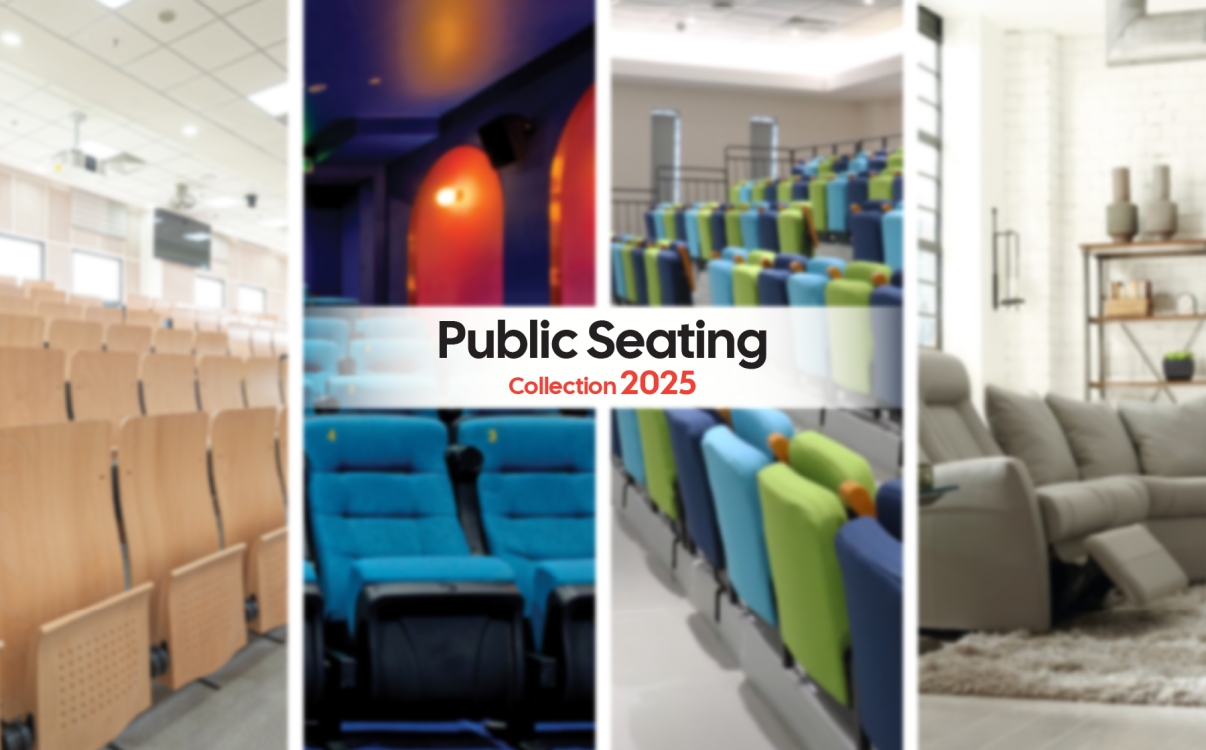
The 2025 Public Seating Collection
The world is changing. Public spaces are no longer judged merely by capacity or scale, but by the experience they provide. From university auditoriums and convention centers to cinemas, home theaters, or sports bleachers, people are demanding more: not just a seat, but exceptional comfort, safety, and aesthetics.
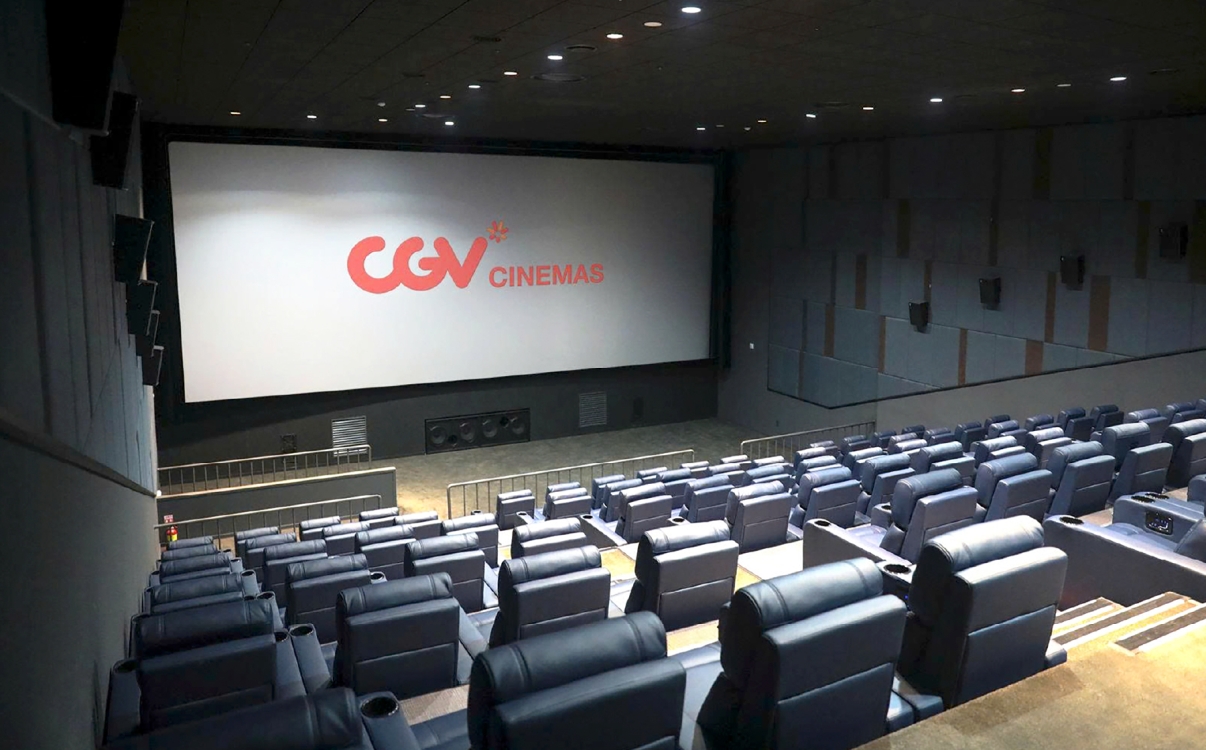
RPB Education & Public Launches the 2025 Public Seating Collection: Shaping the Future of Spatial Experience.
In the post-pandemic era, as digital experiences take center stage, public spaces are being redefined. Users no longer just need "a place to sit"—they demand a comfortable, connected, and emotionally engaging experience.
From university lecture halls and international convention centers to blockbuster cinemas and sports stadiums, the standard for seating has changed. It is no longer enough to be durable; seating must also be beautiful, ergonomic, and smart.
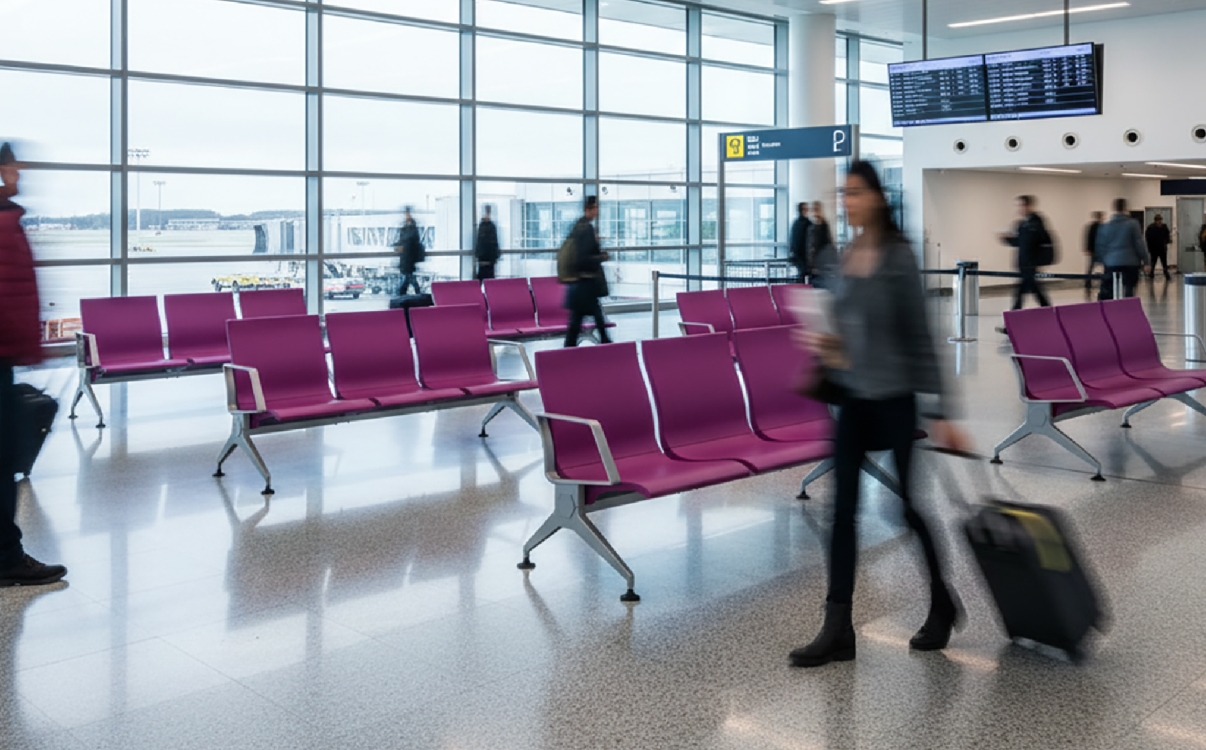
Enduring thousands of uses every day, yet remaining as strong and steady as the very first day
A vibrant public space, where people are constantly on the move and every moment is connected to learning, working, or waiting — within it exist items that may seem ordinary yet play an essential role. These are the waiting benches, auditorium chairs, stadium seats, and student desks — the silent companions that stay with us through many years.

Waiting is no longer tiring — it’s a moment of comfort and relaxation
In modern life, public spaces are not merely functional areas; they are also a reflection of an organization's professionalism and sophistication. From hospital corridors and airport lobbies to shopping malls and transaction offices, all require resting spots that provide comfort and peace of mind. And waiting benches are a crucial element in creating that experience.

